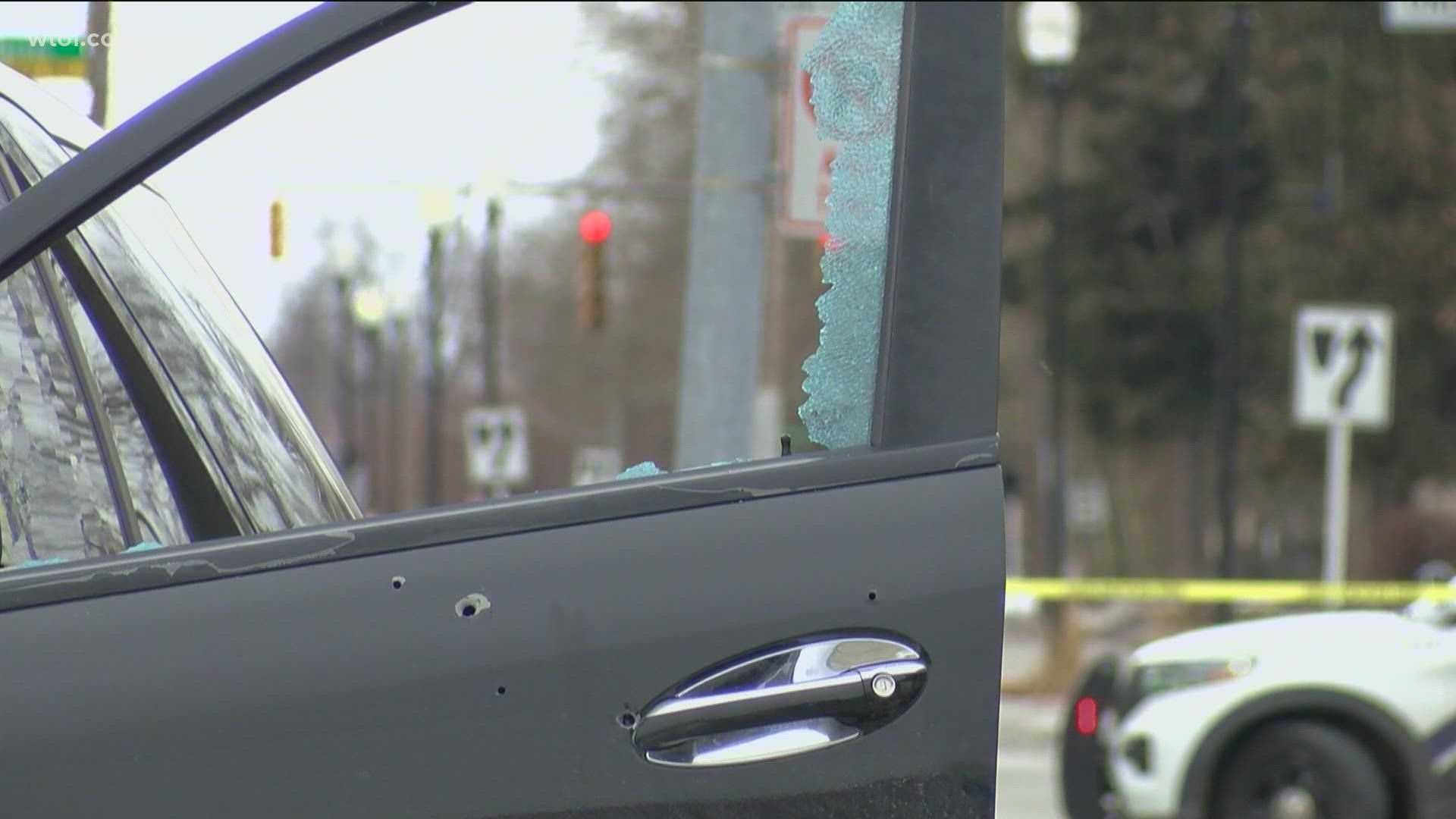TOLEDO, Ohio — The silence in the days following the shooting death Saturday of Damia Ezell has left many, including many community leaders in Toledo, scratching their heads.
Community advocates say coming forward with information for authorities can be risky for residents in some neighborhoods.
"I think we're seeing it from the perspective of not wanting to be victim for retaliation, as well as the relationship from the community with the police department," said Tramain Rayford, the founder of the Program Inc, a nonprofit that teaches fatherless children essential life skills.
Damia, 10, was killed and her uncle, Kenneth White, 24, was wounded when someone shot into the vehicle White was driving along Collingwood Boulevard in Toledo's Old West End Saturday.
Toledo Police Chief George Kral took to Twitter in the hours after the crime. "Someone KNOWS who killed this child,” Kral posted. “...Do the right thing, call Crime Stoppers today!!”
But Rayford said his experience working in some Toledo communities has shown him that often people do not speak to police out of fear.
"As far as the gang activity, there are so many gangs and so much violence going on, you don't know who is retaliating until it happens. And it's a scary time that we live in in Toledo right now," Rayford said.
However, Rayford also also said that many times witnesses do not come forward because of a poor relationship between police and the community.
Clyde Green, a creative consultant with the 419Grind, a podcast focusing on elevating black voices and highlighting community issues, agreed with Rayford's assessment. Green said that when he was growing up, talking to police just wasn't done.
"A lot of times we were taught not to snitch, you know?," Green said.
"It's a bad situation, but you know somebody is connected to somebody, and somebody doesn't want to see someone go away, regardless of how bad the situation is. Which isn't right."
Green said in some parts of the community, residents see the police as untrustworthy and dangerous. Not cooperating with police is a way to fight back, even if it means keeping a killer out of jail, he said.
As for solutions, Rayford said the only way to get people to feel more inclined to talk is to thaw out tensions between the two groups.
"Some sort of community engagement right? To get the get community and the police to kinda like shake hands, break bread together," Rayford said. "And have that kind of rapport back and forth. I think that would loosen the tension between the community and the police department."
More on WTOL:

